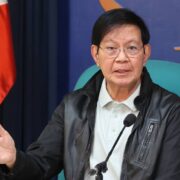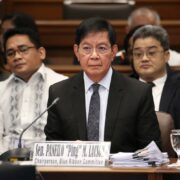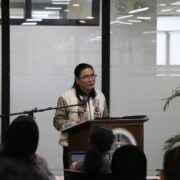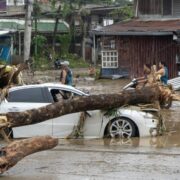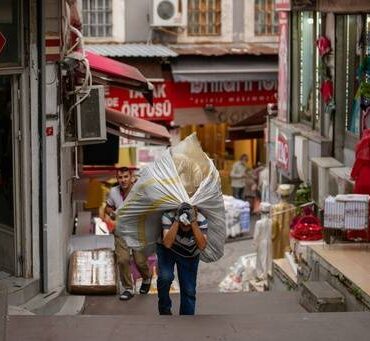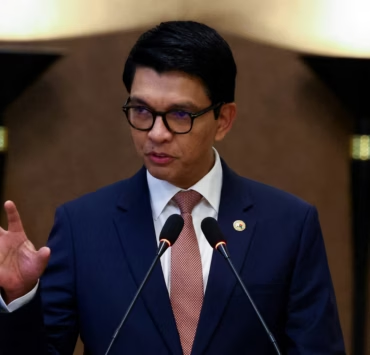Sermons urge Morocco youth to take part in public affairs

RABAT—Worshippers sat shoeless on the red-carpeted floor of a mosque in Morocco’s capital in silence, listening to a preacher in a raised pulpit reading a government-written sermon urging parents to involve their children in public affairs.
The sermon, heard in mosques across the kingdom on Friday, came after Morocco was shaken by an unprecedented and deadly youth uprising in recent weeks that demanded better social and economic conditions. The sermon didn’t directly address the protests, but was seen by some as an effort by the government to send a message to demonstrators in the movement, known as Gen Z 212.
Preachers traditionally choose the topics of their sermons that precede congregational prayers. But in recent years, governments in countries including Morocco, Egypt and Saudi Arabia have dictated sermon content. Officials say the move aims to curb extremist speech, but critics argue it turns sermons into tools for promoting the state’s vision and backing its policies.
In a mosque in the Moroccan capital of Rabat, the imam, dressed in a white djellaba robe and speaking on a microphone to hundreds of worshippers from different age, social and economic backgrounds, urged the faithful to fulfill their duty to the nation by participating in civic life.
‘Serve the nation’
“One of the most important things we should care about is raising children to participate in the managing of public affairs … and participation in serving the nation, loving the homeland and watching over its security and stability,” the imam said.
“A true citizen is the one who serves his nation and does it well,” he added, citing verses from the Quran, his voice echoing outside the mosque. Imams in Morocco are government employees and sermons are standardized. The same sermon heard in Rabat is delivered across the country’s 53,000 mosques and aired live on public television.
Neglected
The protests stemmed from anger over government spending in sports infrastructure for the 2030 World Cup while public services were perceived as neglected. They were organized on social media platforms like Discord by an anonymous group that rejects any affiliation to political parties and called for toppling a government it views as corrupt.
Government officials said they heard the young activists’ grievances and called on them to engage in dialogue and debate with institutions and in the public sphere. Several new measures, announced in a Cabinet meeting chaired by King Mohammed VI last week, are aimed at boosting youth political participation and job opportunities.
They include a draft bill that would simplify election candidacy requirements for people younger than 35 and provide financial support covering 75 percent of their campaign fees. Many observers drew a direct link between the measure and the content of Friday’s sermon.
The government also said the 2026 budget draft will allocate a record $15 billion on health and education, billions more than what was spent this year, and will create 27,000 jobs in the two sectors, upgrade 90 hospitals and improve the overall quality of education.
In Friday’s sermon, the imam cited examples of how disciples of Mohammed involved their children in councils to discuss public affairs, but did not mention the Gen Z protests.


